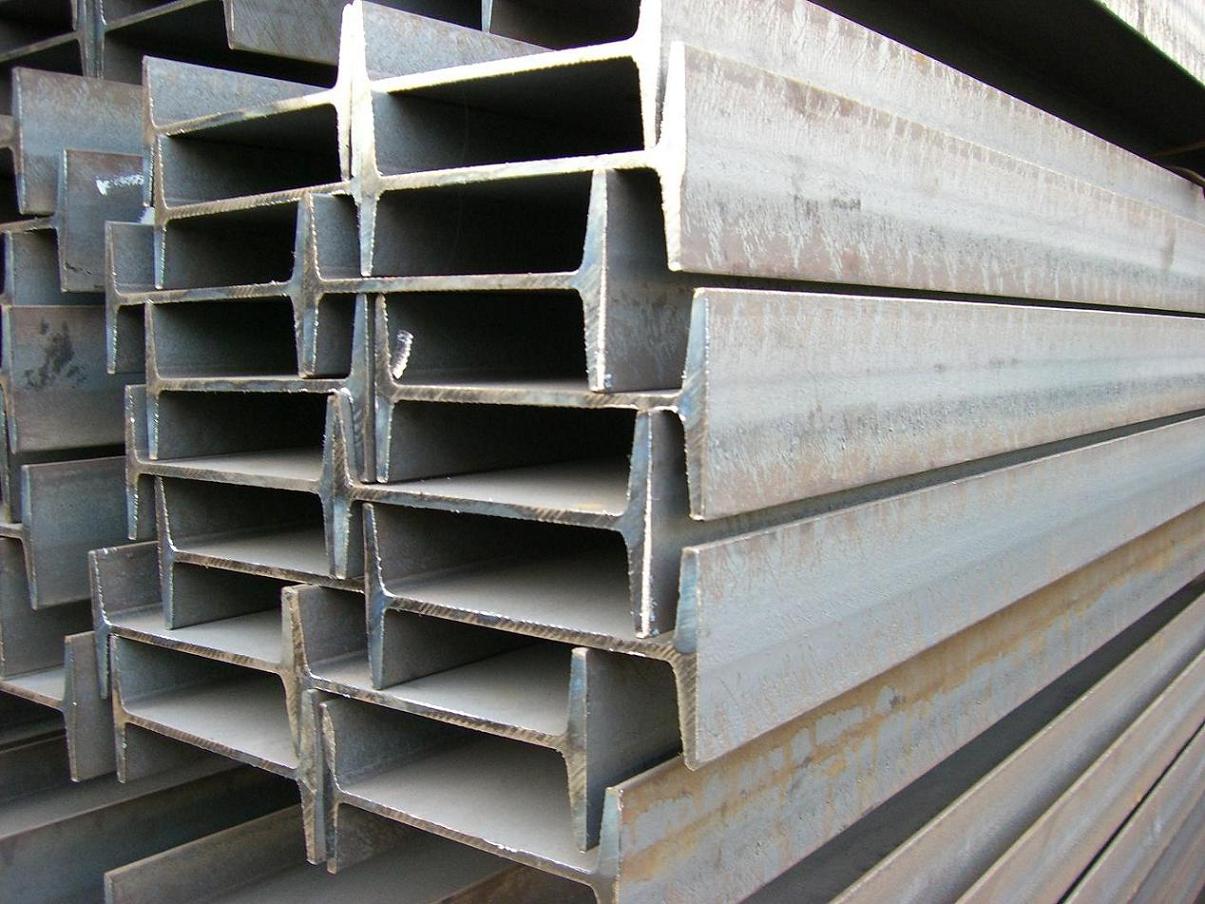
Carbon steel structural beams are manufactured in two configurations. Both are constructed with a vertical web in the center of the beam, with horizontal flanges on top and bottom. The structure of the beam provides superior load-bearing support.
ASTM A992 is the most commonly used beam in construction. It is a structural steel containing small additions of vanadium or columbium, copper, nickel, chrome, and molybdenum, which provide A992 with better material definition. In most cases it can be dual certified to A572 grade 50, exhibiting the high strength and improved weight-to-strength found in A572 carbon steel.
Steel "H" Beam
Wide Flange Steel Beams, aka W Beam or H Beams have non-tapered flanges that are wider than the Standard "S" or "I" beams.
Applications for H-beams include:
ASTM A36 beam is an intermediate tensile strength carbon steel that is easy to form, machine and weld. Its strength and low cost make it an ideal material for structural steel beams.
Steel "I" Beam
Standard American Beams, aka Junior Beam, S Beam, or I Beams have tapered flanges for increased strength of the flanges compared to the wide flange or "H" beams.
Applications for I-beams include:
A992 steel is used for I- and H-beams for bridge construction and building frames. They are available in a variety of standard sizes and selected based on the applied load for the required application. I-beams may be used both as beams and as columns.
Steel H Beam Pictures:

.jpg)


Steel I Beam pictures:



